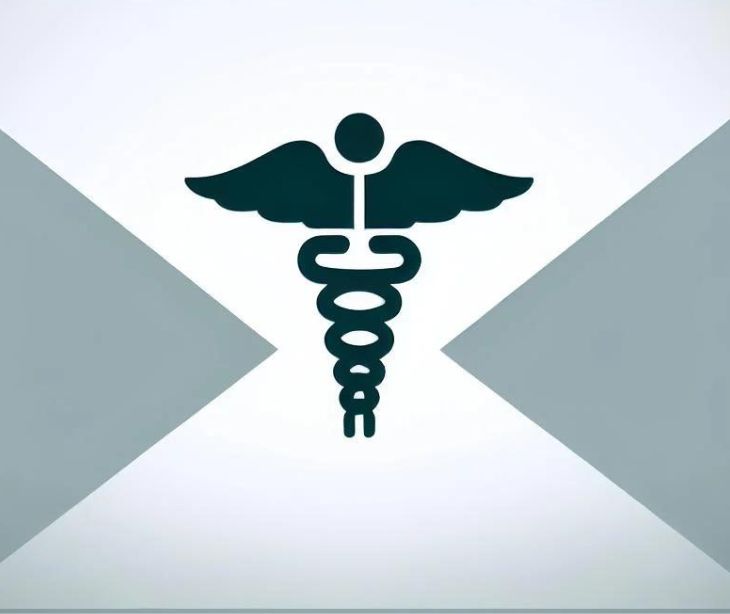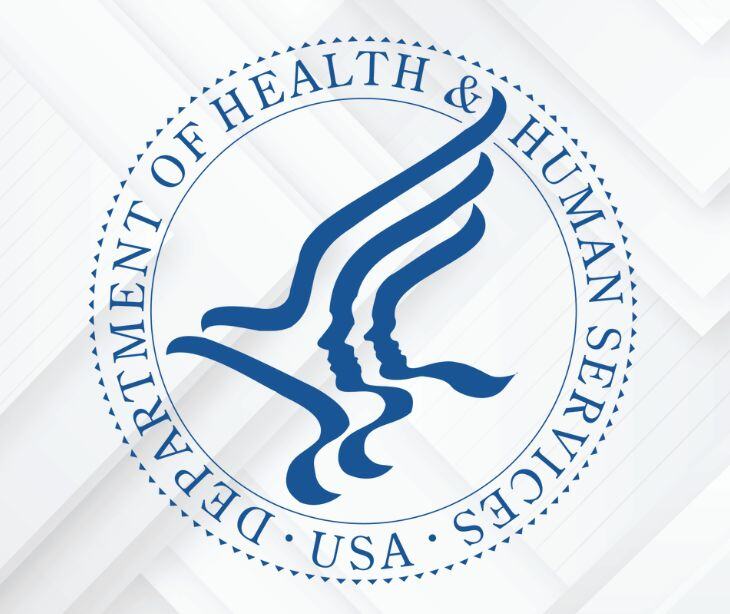
Information blocking refers to the practices used by healthcare providers and health IT developers that intentionally interfere with the access and exchange of electronic health information (EHI).
According to the American Medical Association, “AMA policy supports legislative and regulatory prohibitions on info blocking and is a longstanding advocate of eliminating major contributors to info blocking by EHR vendors…These include restrictive and unfair contractual limitations on physicians’ use and exchange of medical information; excessive fees charged to create EHR interfaces or connections with other health information technology (health IT); and technical or non-standard methods of implementing EHRs and other health IT that block the access, exchange, or use of medical information.”
These practices can take many forms including withholding patient data, imposing delays in sharing information, or creating technical barriers that prevent seamless data transfer. Each has the consequence of inhibiting patient control over their own health information which reduces their ability to make fully informed decisions about their care.
Is information blocking a violation?
Information blocking is a violation under the 21st Century Cures Act, which prohibits practices that interfere with the access or exchange of EHI. The Act aims to ensure that patients have access to their health records and remove undue barriers to this access.
Examples of violations include:
- Healthcare providers may refuse to share a patient's medical records with other providers or the patient themselves without a valid reason, such as a concern for patient safety or privacy.
- Organizations might impose unnecessary delays in providing access to health information, such as lab results or diagnostic reports, even when patients or other healthcare entities request them.
- Some healthcare organizations may implement technical barriers that prevent interoperability between different electronic health record (EHR) systems.
- In some cases, organizations may deny access to health information if a patient has outstanding bills or payment issues, which is considered an unethical practice.
- Some organizations may misinterpret HIPAA and over-restrict access to health information out of fear of non-compliance.
The exceptions to information blocking
- Providers may withhold information if sharing it could reasonably be expected to cause harm to the patient or another person.
- Information can be withheld to protect patient privacy or comply with other laws that safeguard personal health information, such as HIPAA.
- If it is not feasible for a provider to provide access to EHI due to technical limitations or other constraints, this can be a valid reason for not sharing information.
- Patients have the right to specify how and when they want to receive their health information. Providers can honor their preferences without being penalized for information blocking if they accommodate patient requests in an appropriate manner.
- Providers may charge reasonable fees for accessing certain types of EHI.
- If a healthcare provider is required by law to withhold certain information, such as in cases involving ongoing investigations or legal proceedings.
Related: HIPAA Compliant Email: The Definitive Guide
FAQs
How does HIPAA relate to information blocking?
HIPAA allows for certain restrictions on data sharing to protect privacy, on the other hand, 21st Century Cures Act prohibits information blocking to improve patient access to their health information.
What should patients do if they believe their healthcare provider is engaging in information blocking?
Patients can first discuss their concerns directly with their healthcare provider. If issues persist, they may file a complaint with the Office of the National Coordinator for Health Information Technology (ONC).
How does the proposed requestor preference exception work?
This exception allows patients to specify how and when they want to receive their health information. Healthcare providers can accommodate these preferences without facing penalties for information blocking as long as they follow appropriate guidelines.



.jpg)
